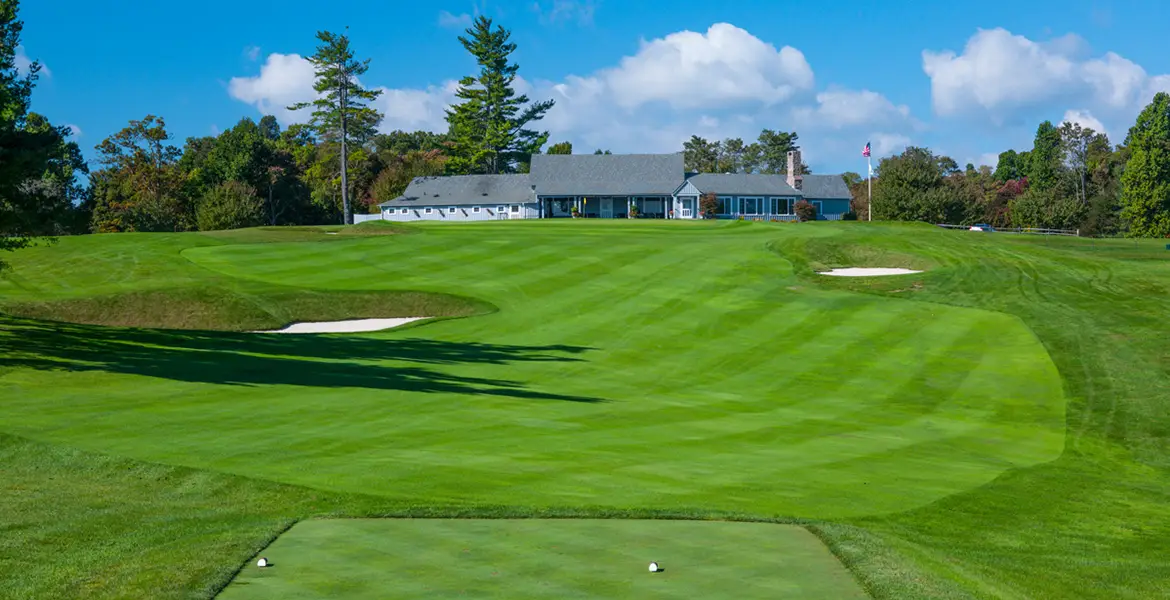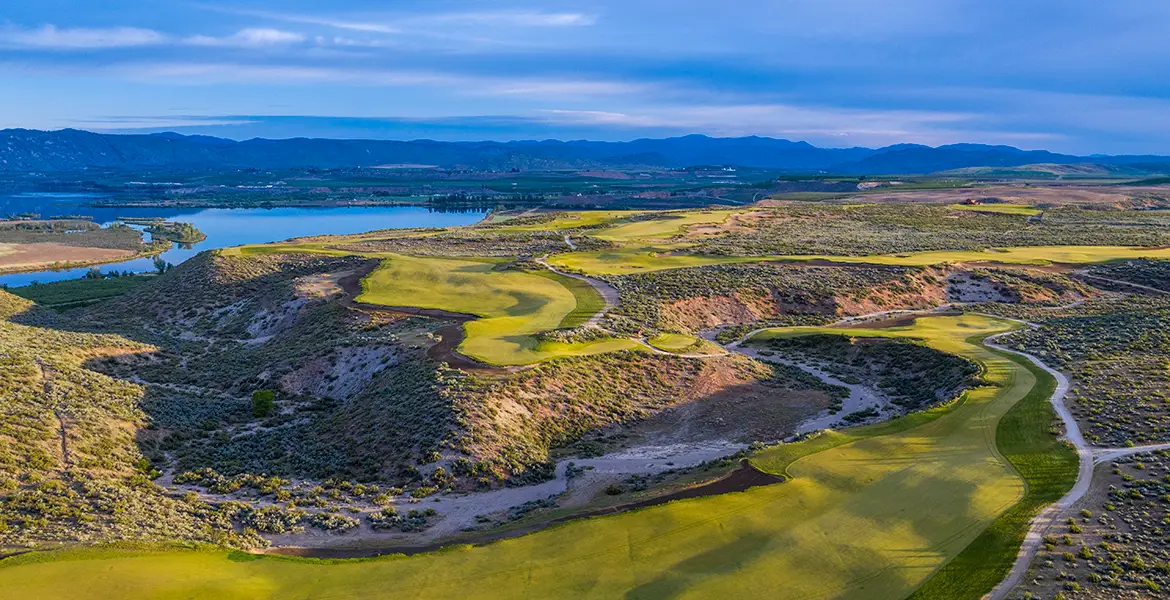The controversial Golf Channel analyst says he’s not the stats freak you think he is, thinks bifurcation is inevitable, and predicts his next career will be in politics.

Which historical golf moment do you wish you had witnessed?
I would like to have been on the range standing next to Ben Hogan the day he figured it out. I’m not sure he would’ve told me or explained it, but I’d like to have been sitting there when he stumbled upon the one thing that allowed him to play the golf he played from 1946 on.
How did you celebrate your one victory on the PGA Tour?
I had a nice quiet dinner with my wife and son and then we went to the beach with a great bottle of Champagne and cracked it open and drank the whole thing as our son played in the sand. The moon was out. The waves were crashing. It was an amazing night.
What life experience has strengthened you the most?
Losing a child. It made me quit the Tour, made me think of other things in life. The Tour is a pretty selfish endeavor. It was all I’d done in my life, think about what I needed to do to play good golf. It’s now 18 years later, I have a totally different life than I ever imagined I would, and it’s mostly due to that tragic incident.
What’s your relationship with Tiger?
Nonexistent. I don’t have a relationship with Tiger. I respect immensely what he’s done in the game and the turnaround he’s made. But my job is to analyze his golf. That’s almost incompatible with his job, which is to play golf.
What do you see as your greatest asset as a TV commentator?
I want to know why things happen. People love to give me grief for my tendency to dig at stats, but stats are not the point at all. They’re not the story. They take you to the story. As an analyst, it’s your job to figure out why people hit fewer fairways or fewer greens, why they missed right or left, why they chipped great or terribly, why one method works better than another, why one player responds better to pressure. To get to the bottom of that is an endless search, so I think an insatiable curiosity has stood me well.
Is high intellect important to success at the highest level of competitive golf?
The greatest players of all time have been very sharp, that’s for sure. To play at the highest level, you have to have an awareness of self and be able to handle all of the elements of success. I think that takes a level of conscientiousness, but the greatest measure of success in anything is intelligence. Gardner Dickinson thought Ben Hogan was a genius. He studied psychology and wanted him to take an IQ test, but Hogan wouldn’t do it. Over two to three years, he slipped in questions until Hogan had taken it. He scored something like 150. He was a genius. It was confirmed.
What do you foresee as the next significant change in the world of golf?
Bifurcation—separate sets of rules for professionals and amateurs. Every other sport has it. I’m convinced it will happen. At various times I’ve been for and against it. I’ve been against it the past few years because I thought the power bias could be mitigated with better, more original architecture, but as time has gone on it’s become clear they’re just not going to do that type of design. The easiest way is to roll the ball back.
What’s next for you?
I’m going to keep writing. I’ve got a second and third golf instruction book in the works. I’m going to play some golf on PGA Tour Champions and keep broadcasting as long as I can. In some capacity, I’ll go into politics, possibly from the strategic side or whatever. I’m very much interested in that world. I spend as much time studying politics as I do golf and would love to see if I could make any sense of that irrational world.






